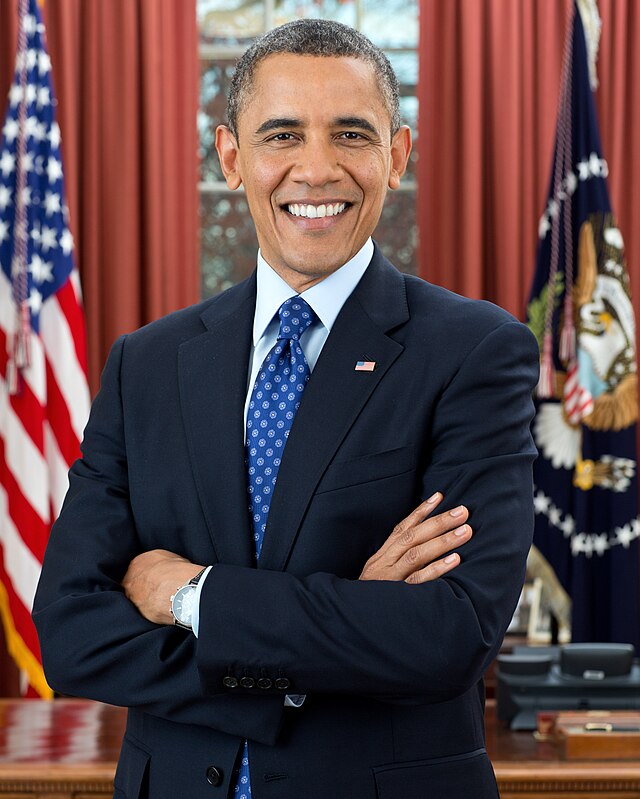a racialized skin color-based classification of people with origins in the tropical climate zone of Africa From Wikipedia, the free encyclopedia
Black people is a term that is used for a racial group of people with a dark skin color. The meaning of the word is mainly used for people of Sub-Saharan African descent, but also includes certain groups in Oceania and Southeast Asia.[note 1][1][2]


Black people in the United States are called African Americans. Before 1860, many Africans were brought to the United States in the European slave trade by white people. Many African slaves worked on cotton, sugarcane, tobacco and rice plantations in the Southern United States for their white slave masters.[3] Later, other Africans came out of their free will. Discrimination against African Americans is a big problem. Black Lives Matter is a movement fighting against racism.
In 2010, the cities with the largest numbers of African Americans were Detroit (670,000 black inhabitants) and Memphis (607,000 black inhabitants). In 2008, Barack Obama became the first African American president of the United States. In 2021, Kamala Harris became the first African American to be the Vice President of the United States.
Some blacks in the United States are Hispanic, Caribbean or African because of immigration. Most recent African immigrants are refugees from East Africa such as Eritrea, Ethiopia, Somalia etc. or high-skilled immigrants from Nigeria, Kenya, Ghana, and South Africa.[4]
Most non-Hispanic blacks in the United States live in the South. States with a large black population are Texas, Georgia, Florida, New York, North Carolina, Maryland, Illinois, Virginia and Louisiana.[5] New York City, Chicago, Philadelphia, Detroit and Houston have the largest black population by city.[6]
The first black people were brought to the United States by white colonizers on a Dutch boat from Angola in 1619 to the British colony of Jamestown in Virginia.[7][8]
White men who were Spanish colonizers shipped African slaves to Latin American countries such as Colombia, Brazil, Mexico, Honduras, El Salvador, Venezuela, Cuba, Guatemala, Panama, Costa Rica, Puerto Rico and the Dominican Republic because of the decline of Native Americans from smallpox and disease. Native Americans were initially slaves but white Europeans turned to Africans because of the mass decline of the Native American population. Many Mestizos and Hispanics have African DNA from the slave trade because of the race mixing with white people, African slaves and Native Americans. Many African ex-slaves in Latin America are mixed race and have Native American and Spanish ancestry. "Mestizaje" in Latin America by the Spanish was similar to the racial whitening that happened in Brazil.
Black slaves were shipped to various Caribbean countries such as Jamaica, Haiti, The Bahamas, Barbados and Trinidad and Tobago. Europeans, mostly the British, the Dutch and the French brought Africans to the Caribbean to work on crops like coffee, sugar, cocoa, cotton and indigo.[9]
There were 1.2 million black people living in Canada in 2016.[10]
There were about 1 million black people living in Germany in 2020.[11]
Black people were racially discriminated and were considered inferior by the Nazis along with Gypsies.[12]
In India and Pakistan there are Siddi people. Their ancestors came from East Africa.[source?]
During apartheid people in South Africa were classified into four main races: Black, White, Asian (mostly Indian) and Coloured. Under apartheid black people were treated the most badly. Coloured people were treated slightly less badly. In South Africa, Chinese people who lived there during apartheid are classed as black.[13] About 80% of people in South Africa are black African. The income of the average white South African household is six times as much as that of the average black South African household.[14]
Black people in the United Kingdom are defined by terms used by the Office for National Statistics. They make up 3.3% of the people in the UK.[15] Of course, these terms may or may not be used in everyday life.
Seamless Wikipedia browsing. On steroids.
Every time you click a link to Wikipedia, Wiktionary or Wikiquote in your browser's search results, it will show the modern Wikiwand interface.
Wikiwand extension is a five stars, simple, with minimum permission required to keep your browsing private, safe and transparent.